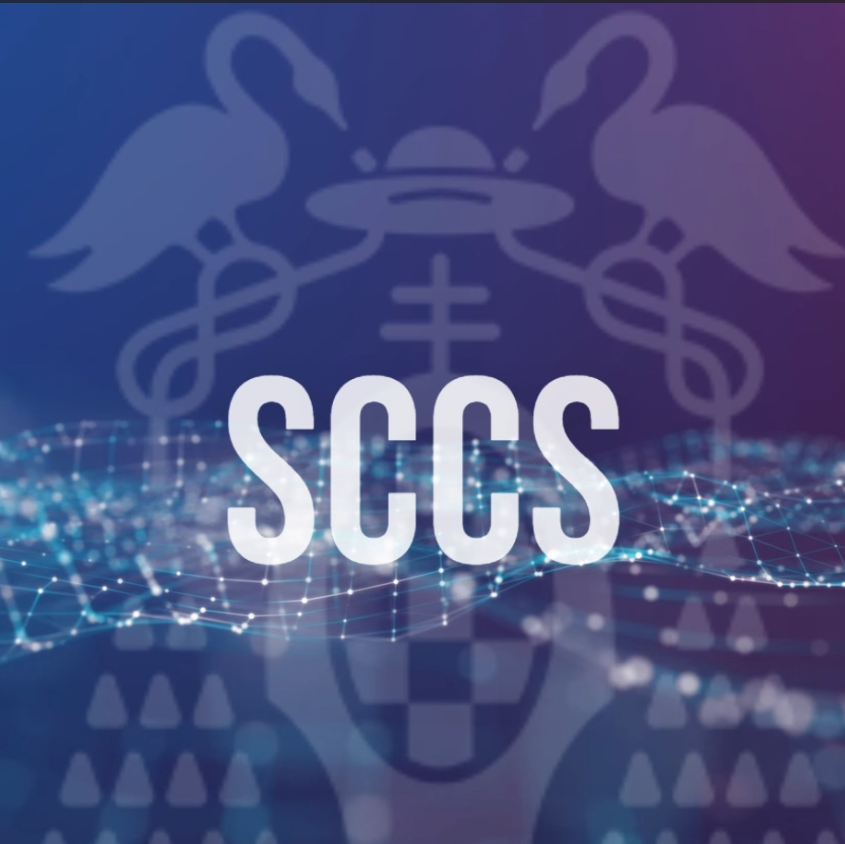| Omnichannel Management in B2B. Complexity-based model. Empirical evidence from a panel of experts based on Fuzzy Cognitive Maps |
The article «Omnichannel Management in B2B: Complexity-based Model. Empirical Evidence from a Panel of Experts Based on Fuzzy Cognitive Maps» by Alonso-García, Pablo-Martí, and Núñez Barriopedro (2021) presents a detailed examination of omnichannel management within the context of business-to-business (B2B) interactions. This study is particularly relevant due to the increasing adoption of omnichannel approaches in the wake of the Covid-19 pandemic, which has heightened the demand for digital channels.
Methodology: The research employed a Fuzzy Cognitive Map (FCM) technique, grounded in Complexity Theory, to model the dynamics of omnichannel management in B2B settings. FCM is a soft computing technique useful for modeling complex systems using a set of concepts and their causal relationships. This approach blends qualitative and quantitative methods, enabling the inclusion of multiple and diverse sources and considering multivariate interactions that lead to nonlinearities. The FCM model captures causal knowledge in the form of cognitive maps, describes these maps as adjacency matrices, and applies neural network computation to refine the model and analyze its results.
A Delphi process was conducted with an international panel of experts to build the FCM. The process involved several rounds of questionnaires, focusing on identifying external constraints on value creation in omnichannel organizations, key value repositories affecting omnichannel management, and the relationships and impact weights between these elements. The results of the survey were adjusted to a five-point Likert scale, with greater values indicating a greater impact on the relationship between the measured variables: constraints, value repositories, and omnichannel management.
Findings: The study revealed several key insights into omnichannel management in B2B contexts:
- The model variables had varied impacts on each other. For example, constraints like finding resources with appropriate skills and financial needs had a weak impact on most value repositories, except for a few like the Customer-centric proposition and Innovation.
- Channel integration and the customer-centric proposition were significantly impacted by the constraints.
- The distribution network (suppliers and distributors) was the least impacted by the constraints.
- Customer Data Analysis (360 view), Channel Integration, and Digital Channels had strong impacts on Omnichannel Management.
- The most influential value repository in the network model was Customer Experience.
Conclusions: The study concludes that omnichannel management in B2B contexts is complex and influenced by various factors, including external constraints and value repositories. The FCM-based model developed in this study provides a practical framework for simulating what-if scenarios, enabling B2B companies to effectively plan and implement their omnichannel strategies. This model helps understand the causal relationships between different elements of omnichannel management and their impact on overall performance, thus offering valuable insights for decision-making in the B2B field.
